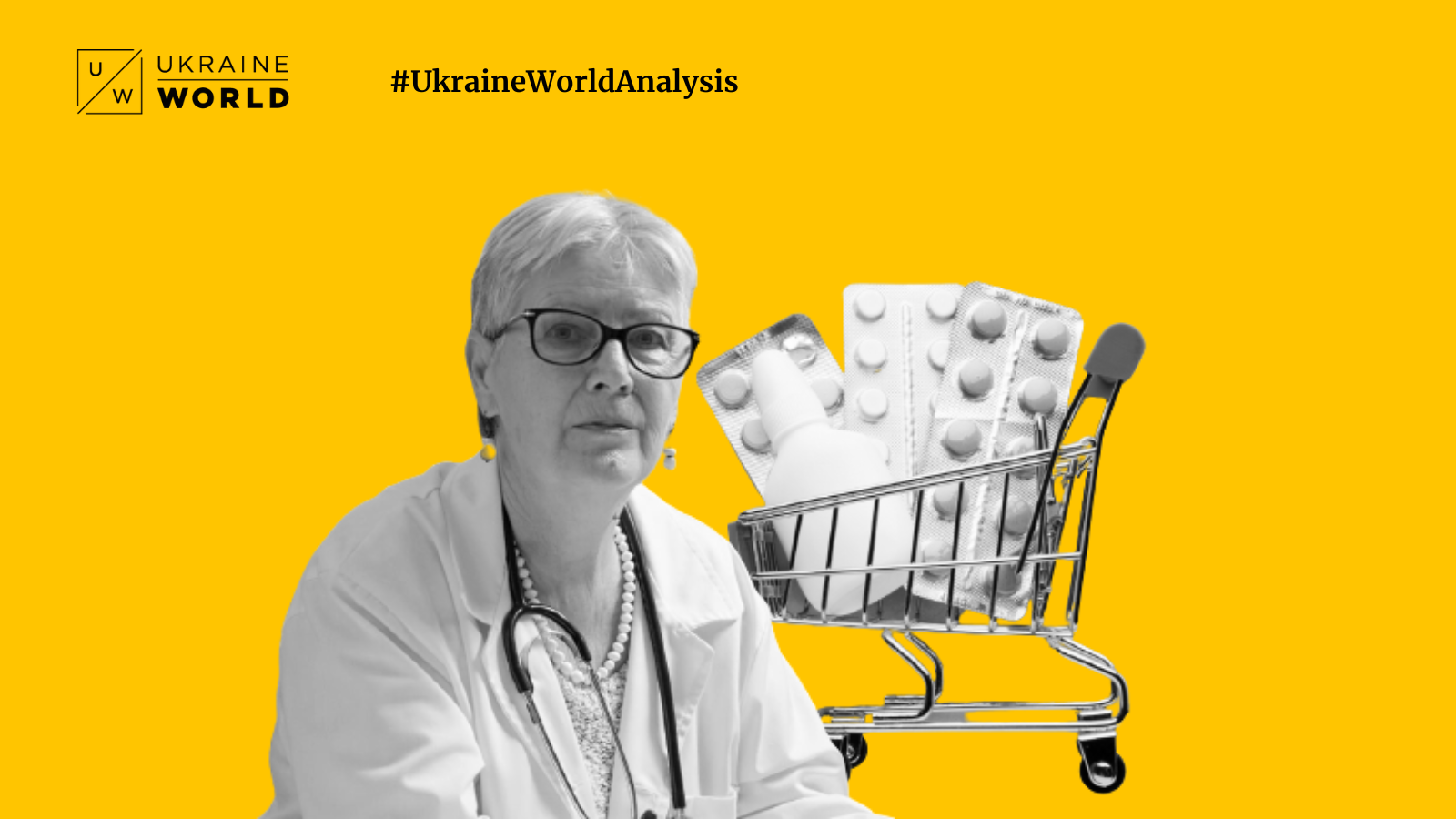How has the war affected the medical procurement process and procedures? UkraineWorld spoke to Edem Adamanov, acting general manager of Medical Procurement of Ukraine (MPU).
Key points — in our brief, #UkraineWorldAnalysis:
1. On the challenges in the medical supplies procurement since the start of the full-scale war
- The first challenge, which we encountered from the first days, was logistics. Our central warehouse is located in Vyshhorod, Kyiv Region. In the first weeks of the war, we did not have access to it at all. Fortunately, the warehouse and its contents were not damaged. But MPU has done everything to minimize this risk in the future. We have contracted another logistics partner and developed reliable and safe routes for the delivery of medicines, medical products, and equipment to regions not under enemy occupation.
- Another challenge is frequent legislative changes. The rules by which we make procurements have changed several times, and we have had to adapt. To reduce negative impacts, we have implemented new procurement tools. In particular, we have developed our own auction module in our MedData system and implemented the SAP Ariba global purchasing platform.
2. On the impact of exchange rates on the process of medical procurement
- Currency fluctuations are also a significant factor that affects our work. The prices of many drugs have increased, and logistics have also become significantly more expensive. So it is most likely not worth expecting significant savings results like we had in 2021 or 2020.
Currency fluctuations are also a significant factor that affects our work
- However, we are following our processes. If a supplier unreasonably raises the price of the goods, we always demand a written explanation. Even in these difficult conditions, we manage to save taxpayer money. As of September 22, savings have amounted to 286 million UAH. Though this is not the final result, as procurements have not been finished.
3. On purchasing medicines for orphan diseases
- The situation with drugs for orphan diseases allows us to choose the most convenient tool for purchasing expensive, innovative drugs. Currently, negotiations with manufacturers regarding the signing of managed entry agreements (МЕАs) are ongoing. The negotiation group includes representatives of Medical Procurement of Ukraine and the Ministry of Health. The МЕА mechanism provides for the non-disclosure of such procurement details as the prices and results of negotiations.
4. On measures taken to ensure competitive and transparent procedures during war
- We currently use the legally-mandated simplified Prozorro procedure. However, in the first months of the war, it was indeed possible to procure without the Prozorro system, simply by entering into direct contracts with suppliers. This option was unacceptable for us long-term.
- Therefore, in order to adhere to the principles of transparency and competition, we have developed our own auction module within our MedData system. The results of auctions conducted in this way are public and available on our business intelligence dashboards. - https://bi.medzakupivli.com
- We also implemented the SAP Ariba global procurement platform, which counts thousands of suppliers from various fields and is a very common procurement tool around the world. SAP Ariba has extensive modular functionality. It offers different types of auctions, supplier qualification according to category without the need to re-qualify for each individual tender, contract management module, supplier database accumulation, and more.
- Through SAP Ariba and the auction module in MedData, we are now making urgent purchases, for example, as part of the United24 presidential initiative. We are carrying out planned procedures according to the centralized directions of the Ministry of Health in the Prozorro system.
5. On multilateral medical aid coordination (from volunteers, international partners)
- At the beginning of the full-scale war, MPU, together with the Ministry of Health, the Public Health Center, and volunteers, created a coordination headquarters for the administration of medical humanitarian aid, which Ukraine receives as a state from friendly countries, international partners, etc.
The MPU team created a comprehensive IT solution of 29 modules based on our MedData system to cover the needs of all hospitals and record all the medical humanitarian aid that comes into Ukraine.
- The system collects information about humanitarian goods and monitors their subsequent distribution. More than 4,000 healthcare facilities provide information on average monthly needs, more than 40 centralized Ministry of Health warehouses report on receipts, balances, and the distribution of medical supplies. The system makes it possible to monitor the situation in Ukraine in real time.
6. On fund distribution through the United24 platform
- United24 is a fundraising initiative of President Zelensky. As part of the program, MPU is authorized to procure medical items. In particular, as of September 22, we have already purchased 89 resuscitation vehicles, 35 transport ventilators, 22 state-of-the-art X-ray systems, 83 anesthesia machines, and more. These are very operative purchases; often the whole process takes about two weeks.
- The allocation of funds within United24 takes place as follows: MPU collects commercial offers for selected items and conducts an auction. The decision on procurement is made by a commission at the Ministry of Health. When this happens, the funds are deposited into our account and we purchase the product.
This material was prepared with financial support from the International Renaissance Foundation.
DARIA SYNHAIEVSKA, ANALYST AND JOURNALIST AT UKRAINEWORLD
Edem Adamanov, acting general manager of Medical Procurement of Ukraine

